
NATO allies have begun working on a plan to increase defense spending, aiming to meet U.S. President Donald Trump's call for each country to allocate 5% of GDP to their militaries, Bloomberg reported on May 14.
Citing diplomats familiar with the issue, Bloomberg said progress is being made toward reaching the goal by 2032. The development of the plan comes ahead of a NATO summit set to take place in The Hague in June.
Trump has long demanded that NATO allies increase their military spending, previously calling for the alliance to raise its benchmark from 2% to 5% of GDP.
Defense spending at the level Trump is calling for would be the largest increase in military expenditures by Western allies since the Cold War, as NATO members bolster their defenses in response to Russia’s invasion of Ukraine.
As of 2024, 24 of NATO's 32 members meet the current 2% target, with Poland (4.12%), Estonia (3.43%), and the U.S. (3.38%) leading the way. Several nations, including Italy, Canada, and Spain, still fall short.
Trump's remarks follow his declaration from last year that he would allow Russia to "do whatever the hell they want" to NATO countries failing to meet defense criteria, a statement widely seen as undermining NATO's collective-defense principle.
NATO Secretary General Mark Rutte quipped on Jan. 13 that allies should increase spending or prepare to "take Russian language courses or move to New Zealand."
Rutte is now pushing allies to commit to 3.5% of GDP for defense over the next seven years, plus an additional 1.5% for broader defense-related areas, Bloomberg reports.
NATO Ministers of Foreign Affairs will discuss the defence spending during an informal meeting in Antalya, Turkey, on May 14–15.
Ministers will discuss what qualifies under the 1.5% for broader defense-related areas, and it’s still unclear if this would involve new or existing spending.
The meeting takes place at the same time as Ukrainian President Volodymyr Zelenskiy is expected to meet Russian President Vladimir Putin in Istanbul on May 15, though the Kremlin has not confirmed Putin’s presence.
Despite the hype, EU’s latest Russia sanctions ‘not as strong as they should be’
The European Union’s 17th package of sanctions against Russia, agreed on May 14, is being hailed in Brussels as a symbol of steady resolve. European Commission President Ursula von der Leyen welcomed the move, insisting it would “keep the pressure high on the Kremlin.” But outside the EU bubble, critics see it as another incremental move that fails to match the urgency of the moment, and behind closed doors, even EU officials acknowledge the package was watered down during negotiations. The s

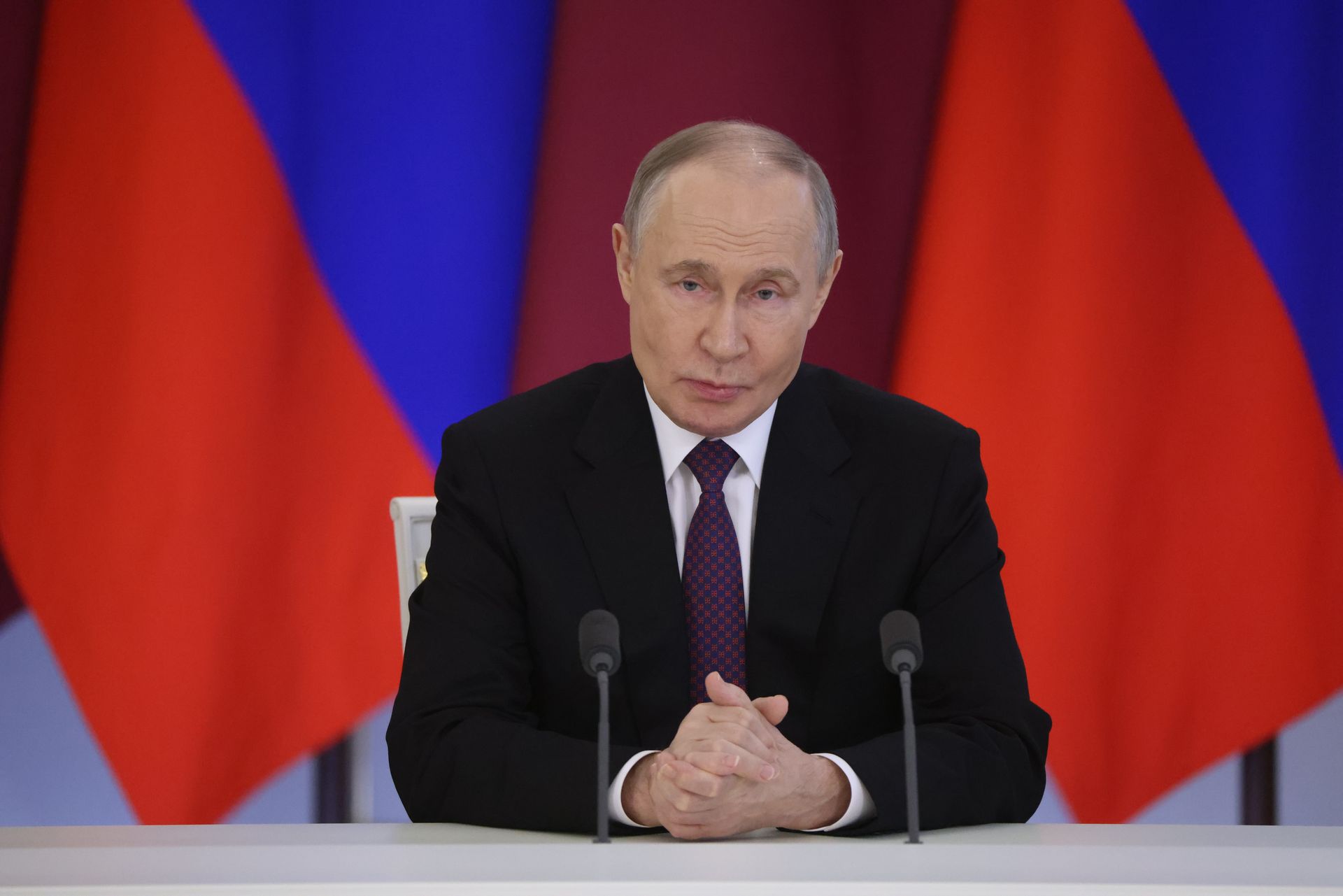
.png)
 German (DE)
German (DE)  English (US)
English (US)  Spanish (ES)
Spanish (ES)  French (FR)
French (FR)  Hindi (IN)
Hindi (IN)  Italian (IT)
Italian (IT)  Russian (RU)
Russian (RU)  8 hours ago
1
8 hours ago
1
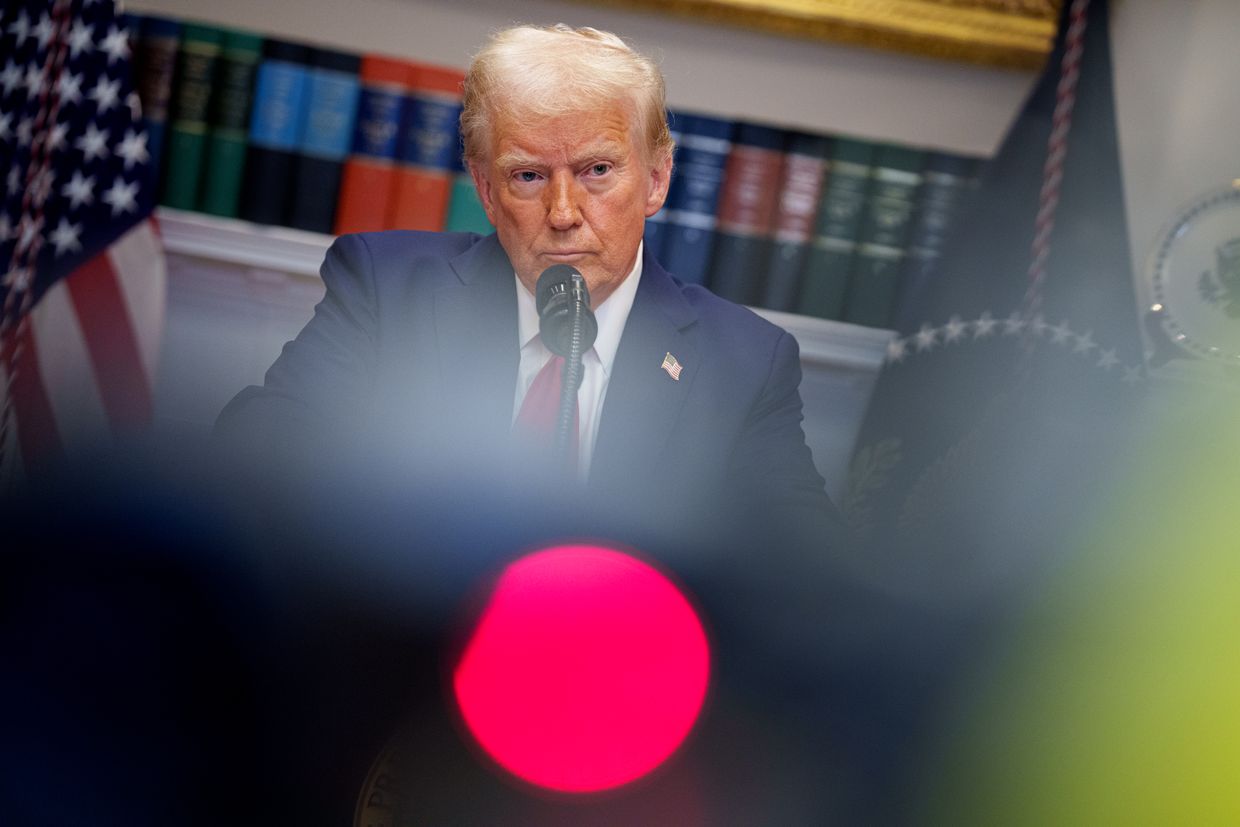
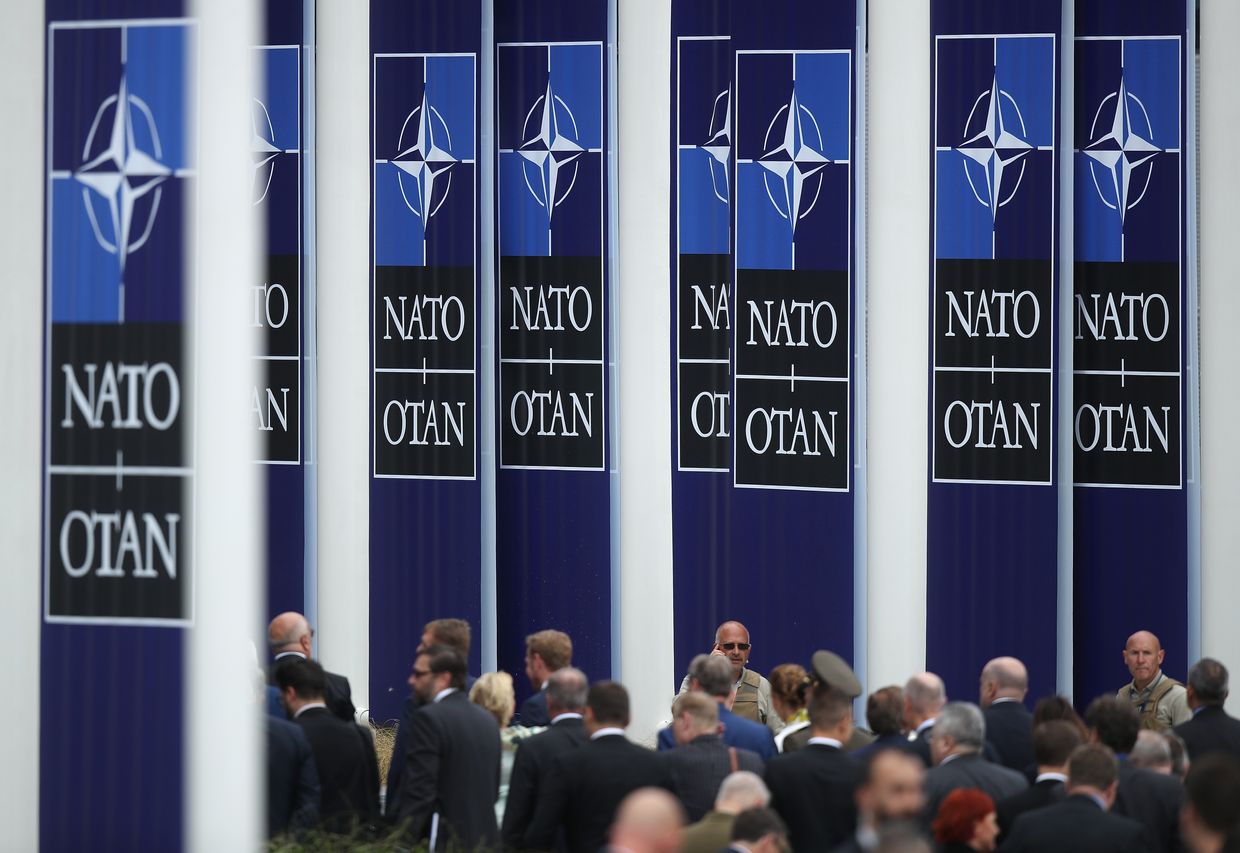
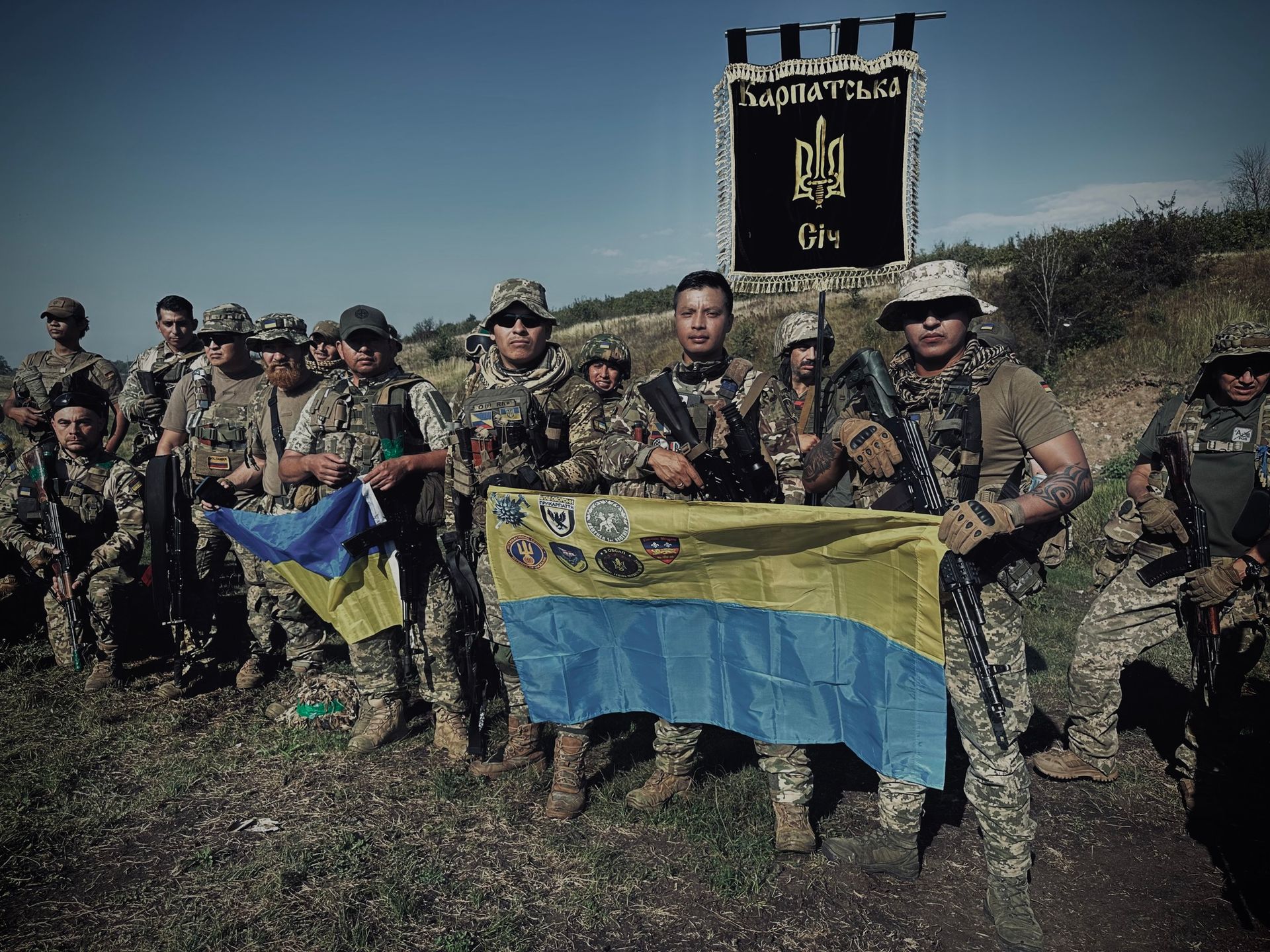
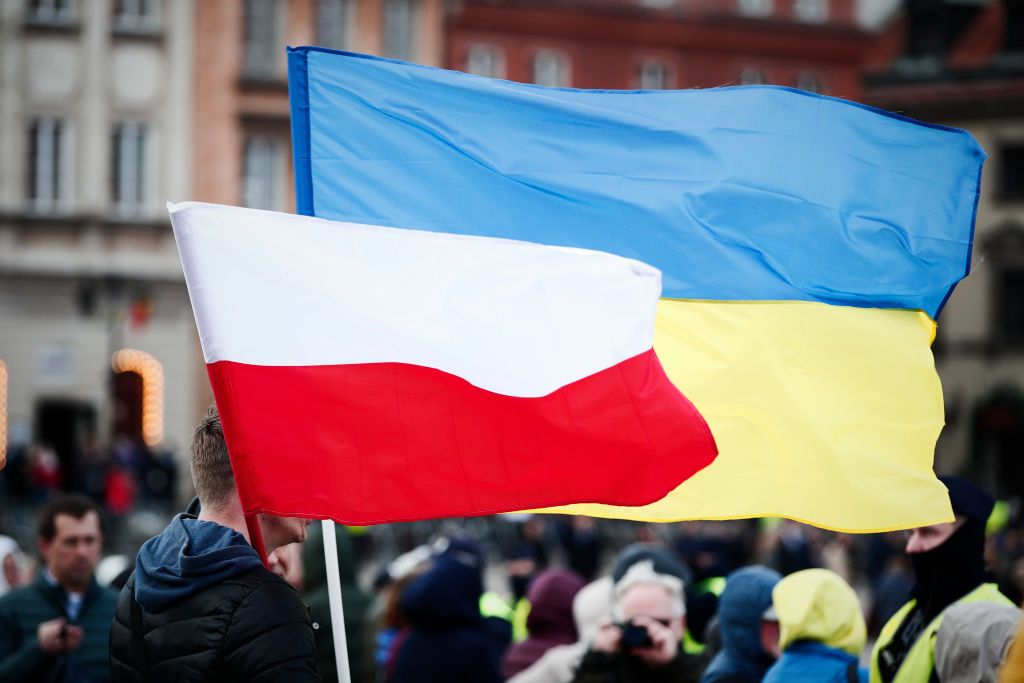


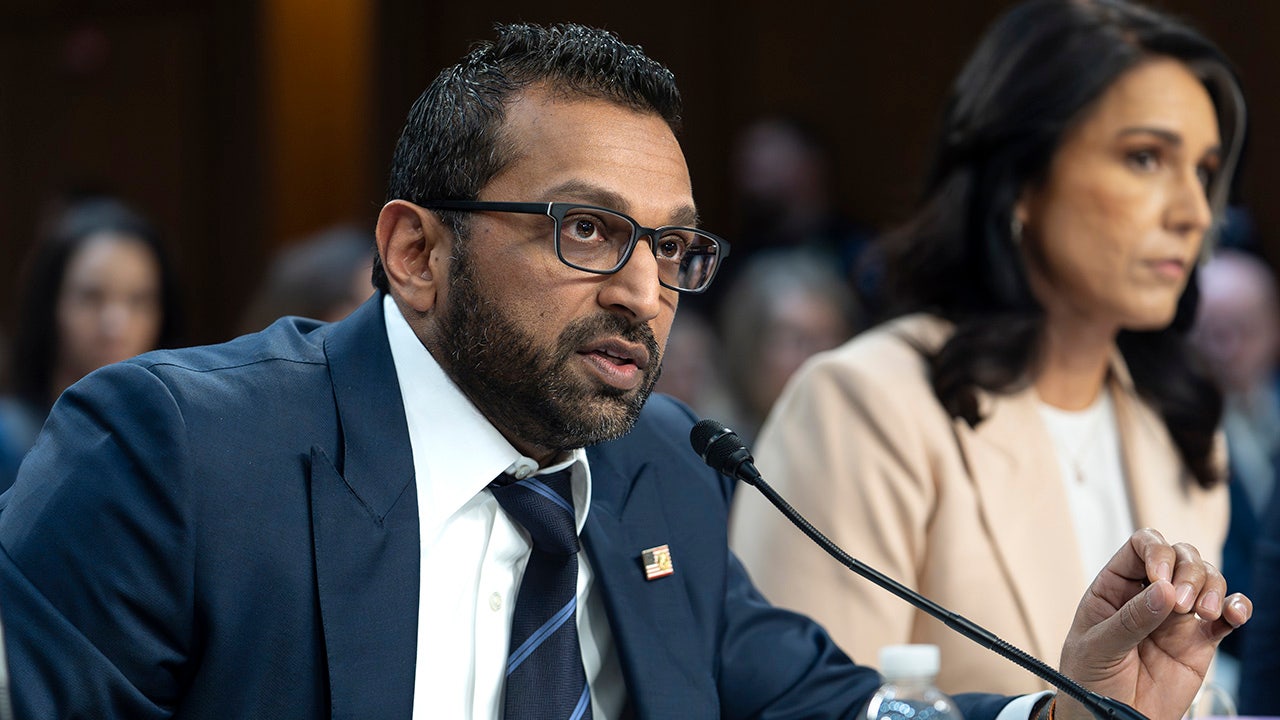
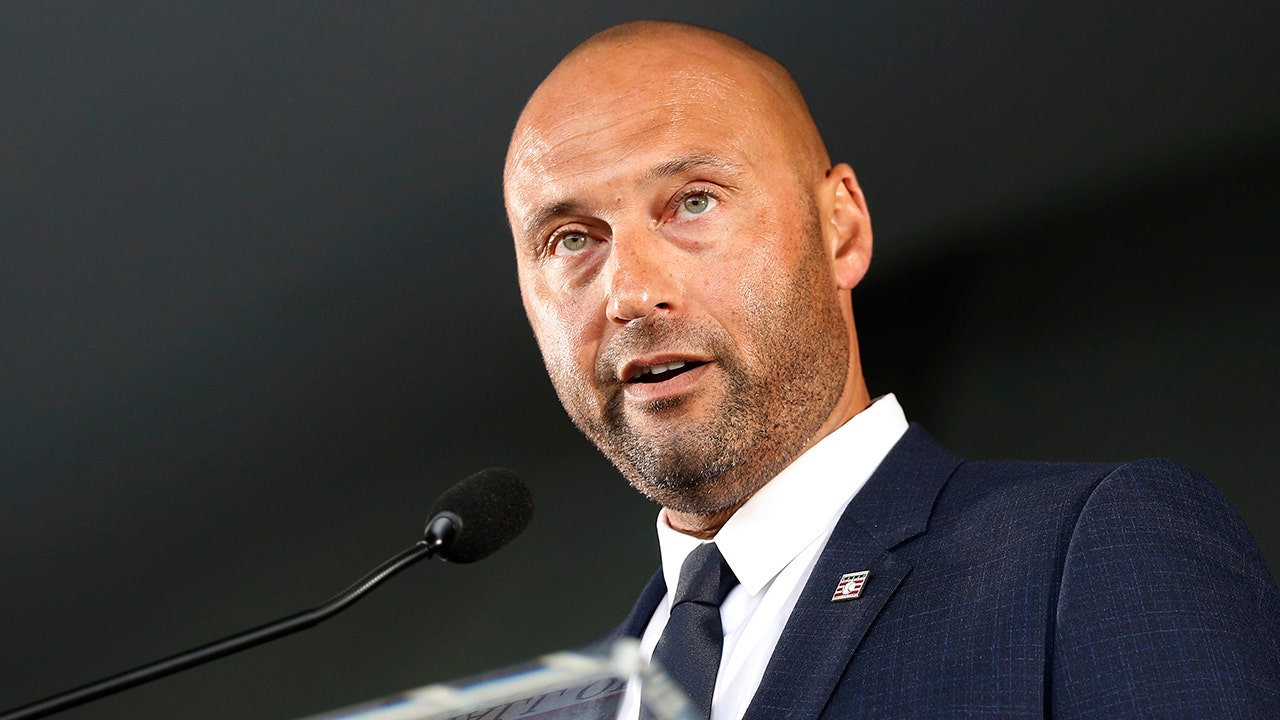
Comments